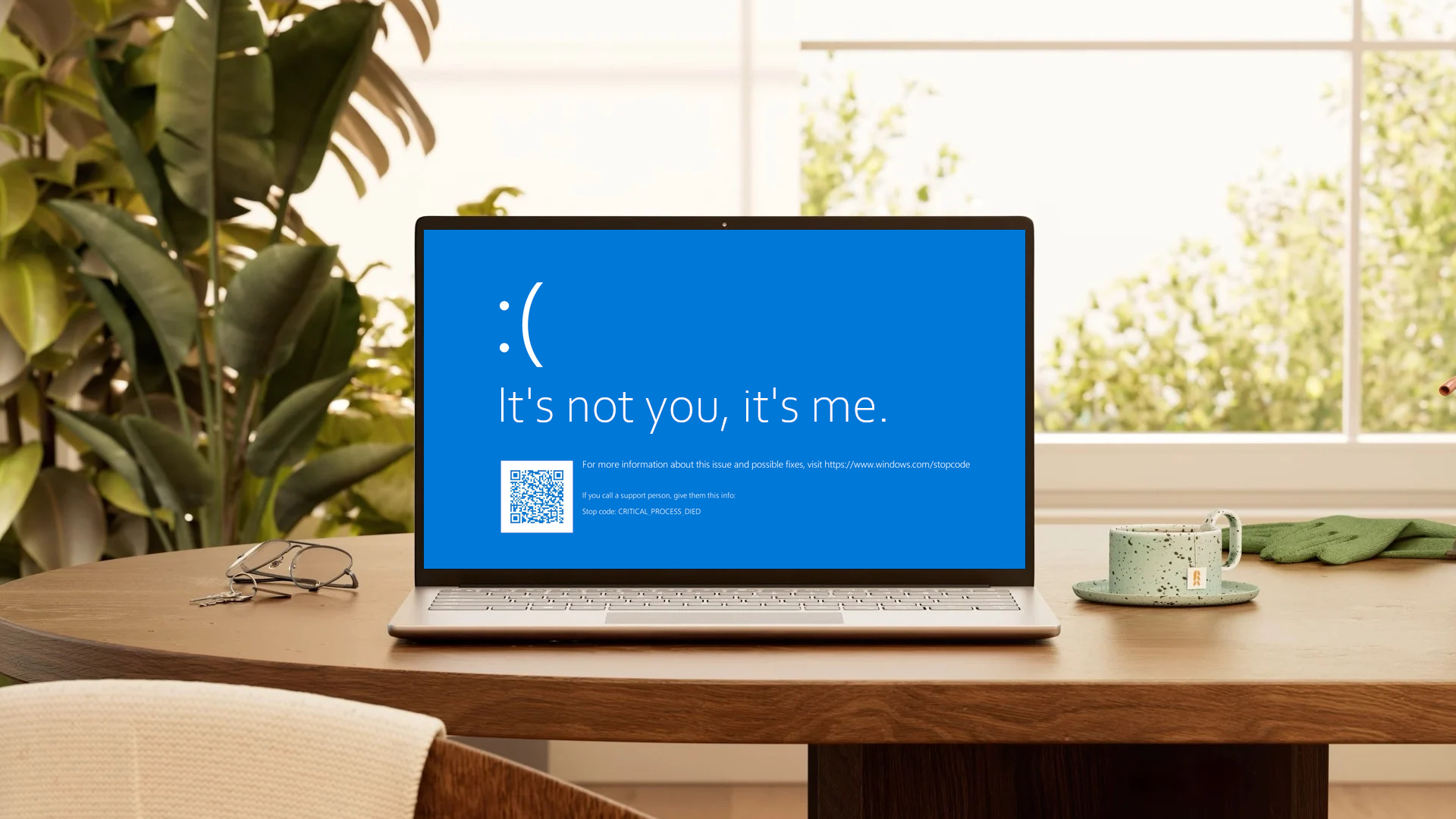Rabbit r1: Meet the $200 iPhone of AI
Enough AI talk, time for AI action
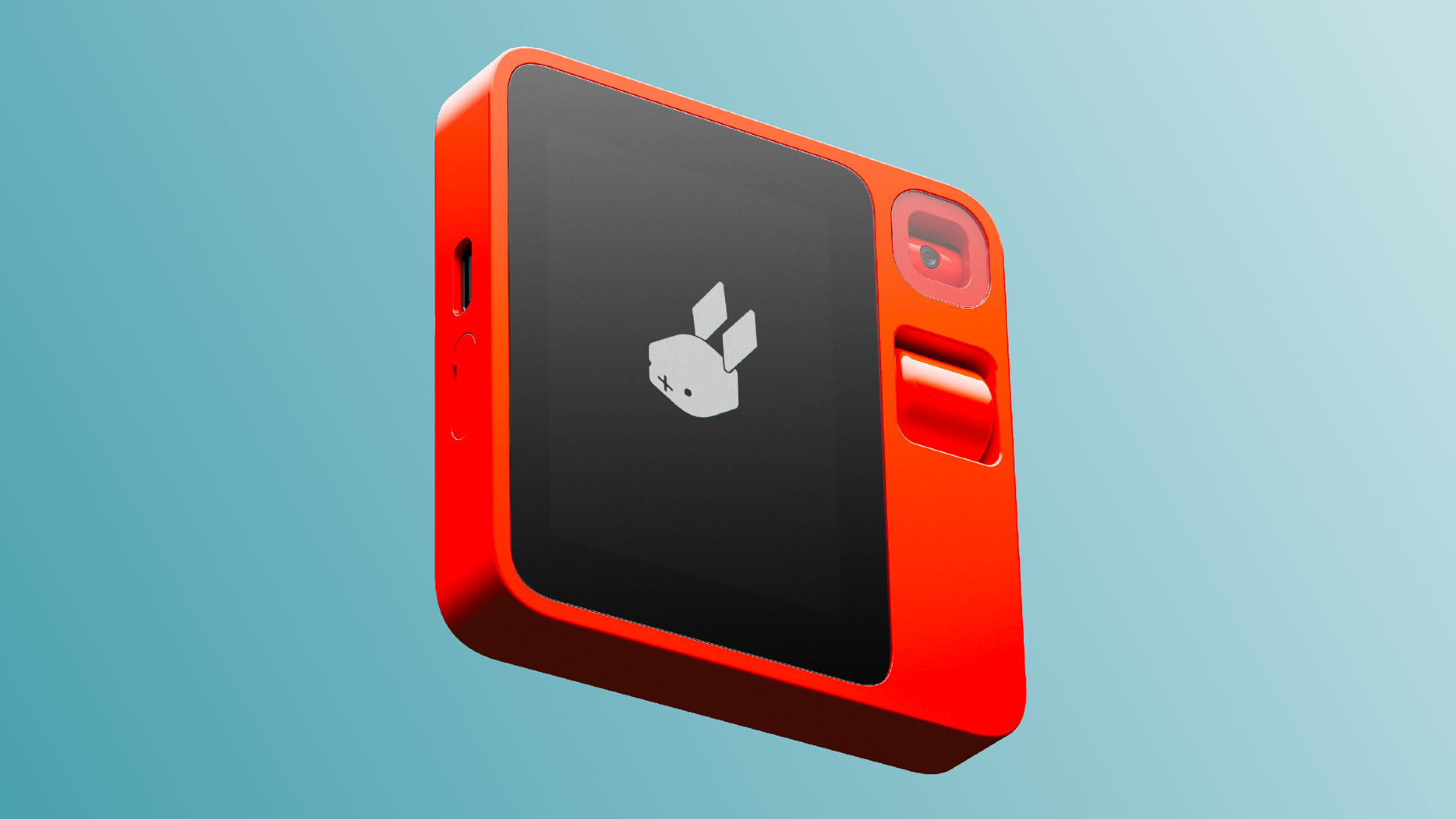
What do popular AI Large Language Models (LLMs) like Google Bard, and Microsoft Copilot all have in common? They've just been upstaged by plucky up-and-comer Rabbit with its Large Action Model stand alone r1 AI companion.
At present, companies are falling over themselves with how they squeeze and cram some form of Large Language Model (LLM) akin to the ever popular ChatGPT into its products or services — regardless of whether or not it even makes sense to do so.
We're aflood with chatbots and text-to-blank models, ironically enough populating like rabbits. However, unlike Rabbit's output, there's another thing most of these AI's have in common: They're mostly all talk.
When it comes to action, there's no other AI quite like Rabbit's.
We're on the scene in Las Vegas to check out the latest tech at this year's CES 2024 showcase. Be sure to tag along on our CES 2024 journey by following Laptop Mag on TikTok, Twitter/X, Instagram, Flipboard, and Facebook for the most up to date hands-on impressions and news coming from the convention floor.
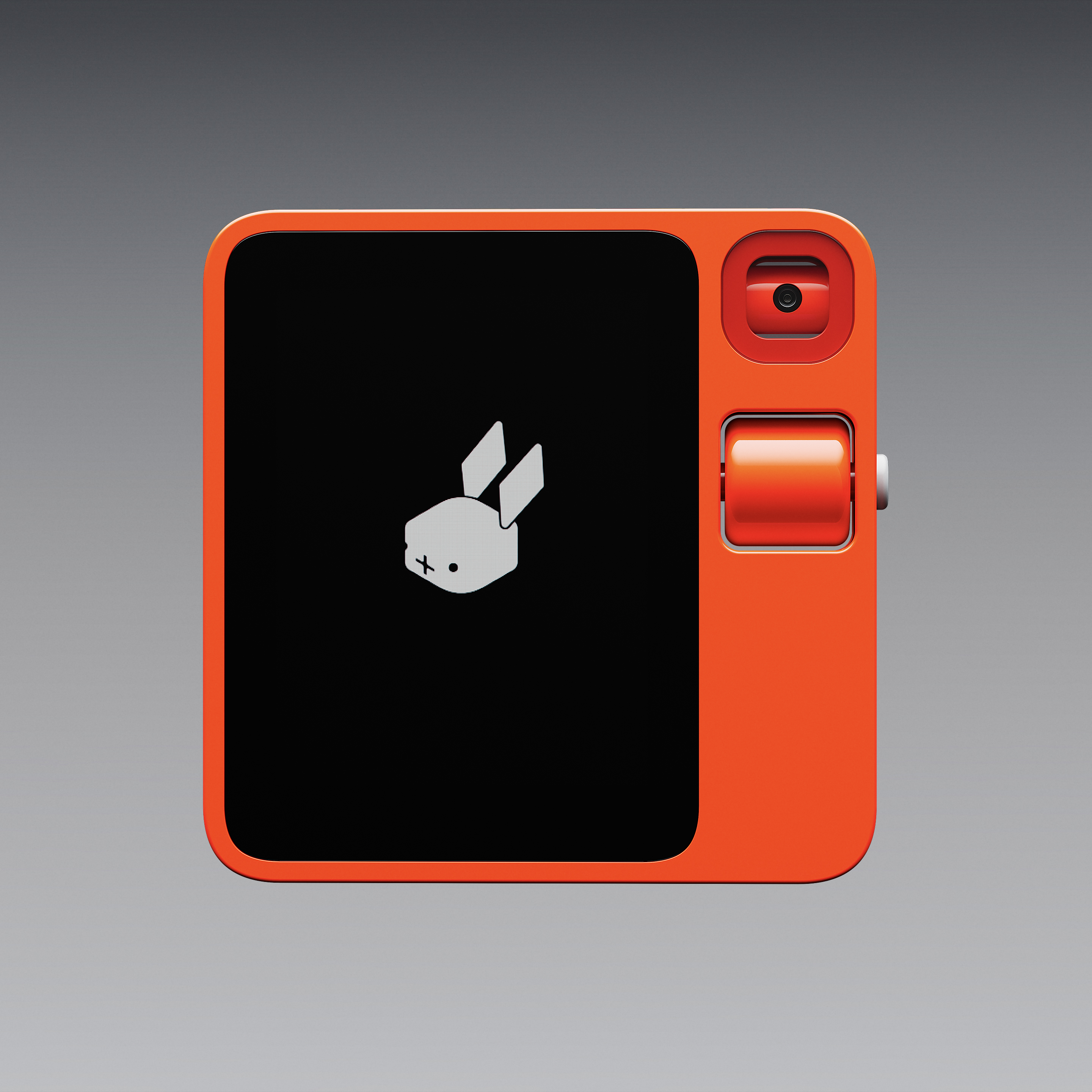
Rabbit r1: A new era in human-machine interaction
The Rabbit r1 is a stand-alone AI device powered by a game-changing, natural-language operating system. The new rabbit OS is the first of its kind, developed using a Large Action Model that can actively engage with apps and software on your behalf through simple natural-language commands.
If that doesn't sound impressive, let me borrow the words of Rabbit's founder and CEO Jesse Lyu: "Today is the beginning of a new era in human-machine interaction."
Stay in the know with Laptop Mag
Get our in-depth reviews, helpful tips, great deals, and the biggest news stories delivered to your inbox.
The r1 AI companion device is designed in collaboration with the folks at Teenage Engineering, which is why it wouldn't look out of place among the Nothing lineup of smartphones and wearables, and measures in at 3 x 3 x 0.5 inches and weighs just 115 grams — perfectly pocket-sized and a breeze to carry around.
As a stand-alone device it operates entirely over Wi-Fi, or cellular (4G, 4GLTE, and 5G) if you make use of the r1's SIM slot. It's powered by a MediaTek MT6765 octa-core (2.3GHz) processor and backed by 4GB of RAM and 128GB of storage.
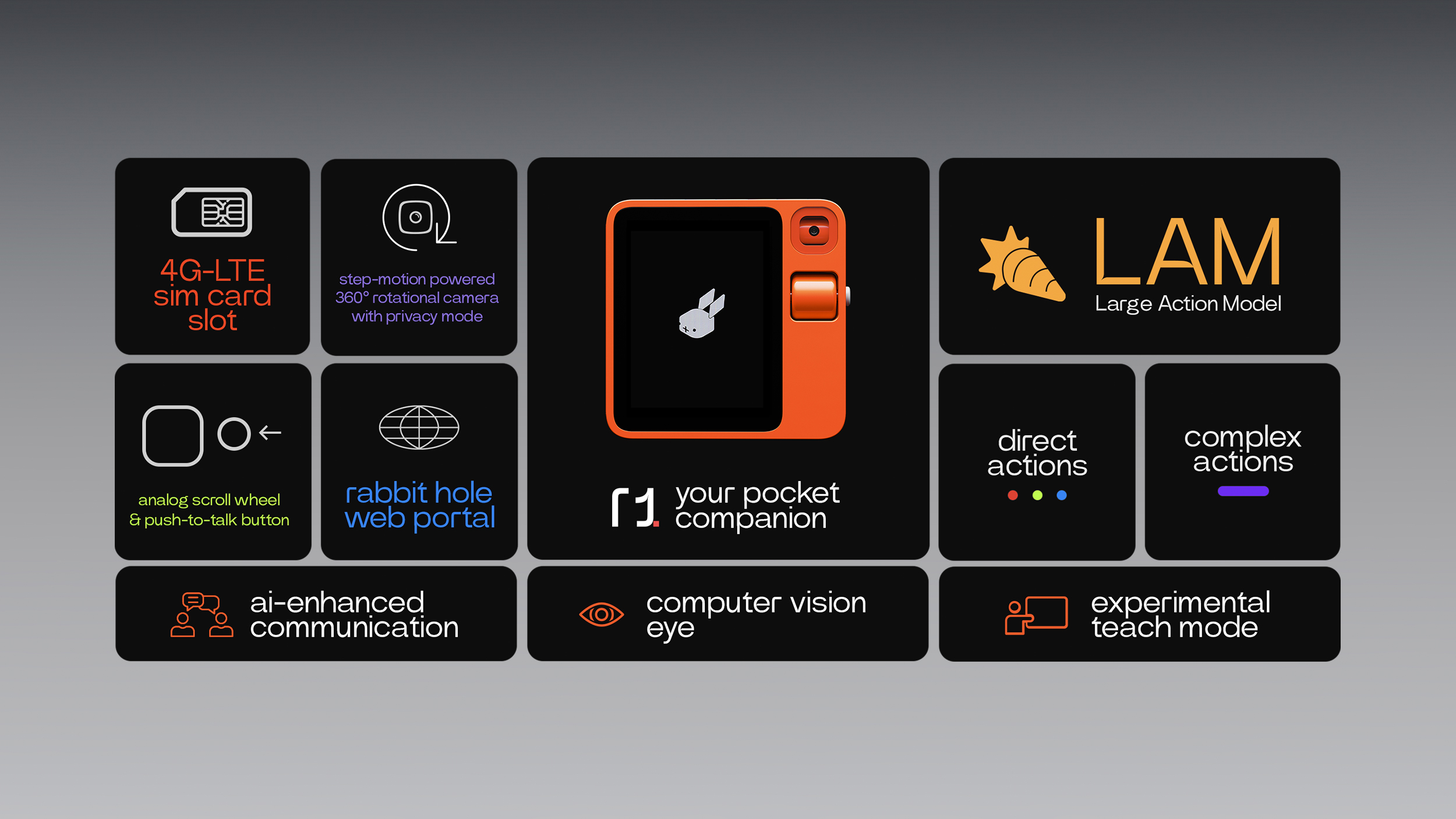
But, what can it actually do? Well, pretty much everything you can do on a smartphone in theory. The device's 2.88-inch touchscreen display still offers a familiar level of interaction with apps and services, however, press your thumb down on the privacy-focused push-to-talk (PTT) button and the r1 awakens to listen to your directions.
From here you can communicate with the r1 to perform various tasks on your device, whether that be to start a video call using the r1's rotating camera (that by default resides in a shuttered position for further privacy and peace of mind), or send out your own personal rabbits to do your digital bidding on your behalf.
Yes, rabbits. Rabbit's rabbits are personal AI agents that you can train to perform specific tasks within apps without the need of APIs. Using the r1's "Rabbit Hole" web portal you can train your rabbits to perform all sorts of actions and enact them on your device at any time with a simple voice prompt. It's almost like calling intro existence a series of smart Macros that can learn from your own interactions within apps to engage with even the most niche of software with ease.
You can even train your rabbits to interact with other popular AI tools like Midjourney. After just a brief example of how to use the software, the r1 is able to replicate your interactions with the image generator to produce all new results and display them to you on screen.
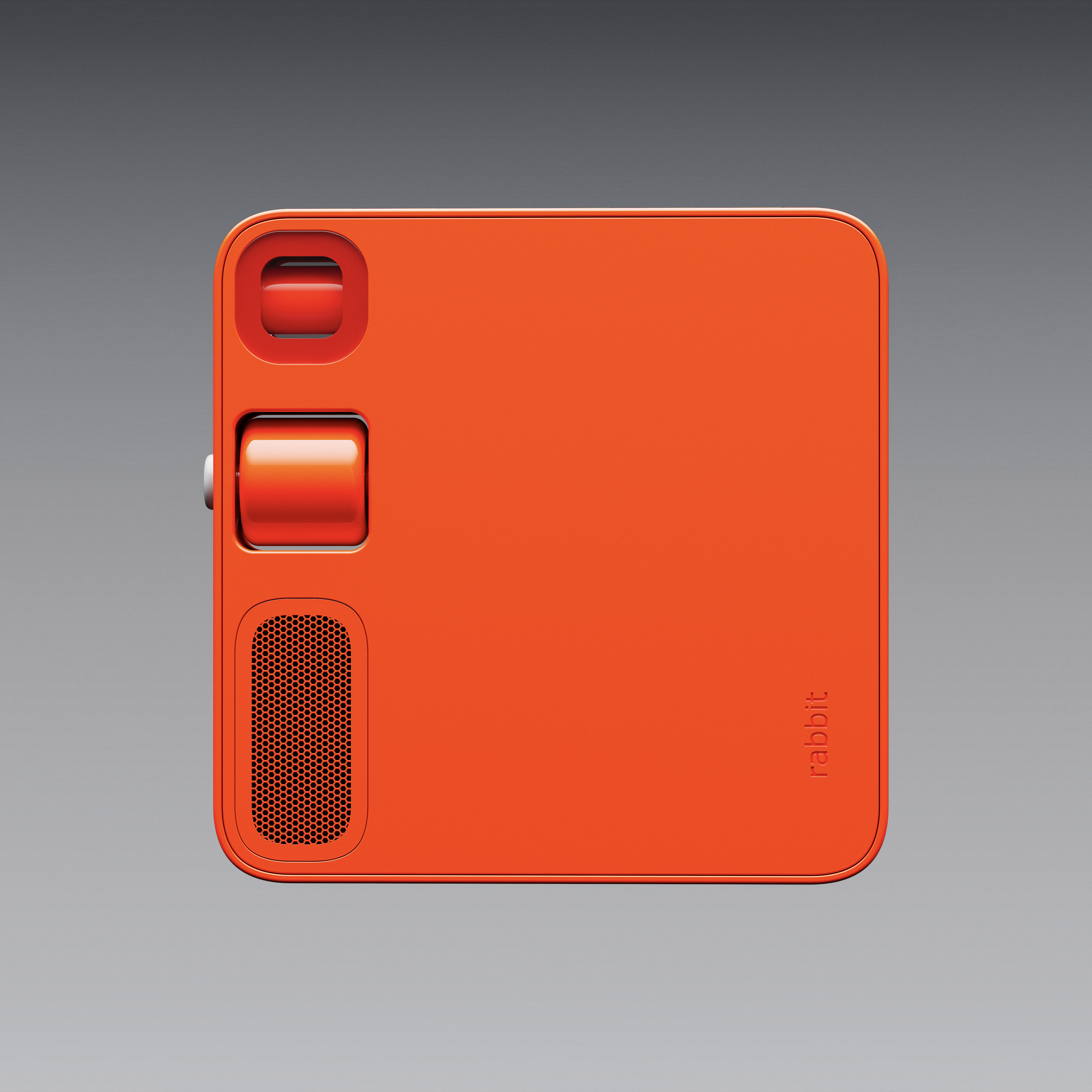
Rabbit is also able to use its camera to scan in real-time and provide answers. This makes the device capable of suggesting recipes from looking at the contents of your fridge, or extracting visual data from a location (i.e. a famous landmark) and giving you more information about it.
Better still, you can interact with rabbit OS outside of the device itself. If you ask the r1 to send information to you in an email you can reply to that email and get further information or a revised answer.
The possibilities are genuinely staggering. What Rabbit have showcased is almost certainly a glimpse of the post-iPhone era.
Outlook, price, and availability
We've heard about companies like OpenAI seeking to develop the iPhone of AI, and brands like Humane show off its AI Pin, but Rabbit have stormed into the spotlight with a device that seems to showcase the type of AI autopilot that many of us have hoped digital assistants like Google's or Apple's Siri would eventually grow into.
This pocket-sized device is a glimpse of the future when it comes to human/machine interfaces and is one of the more exciting AI-based announcements I've heard in some time. Not only is it a stunning device, but it's an incredibly useful one. And its applications go far and beyond a simple flashy toy with AI on board, it's potential accessibility applications alone are worth high praise.
There's been enough AI talk, it's time for AI action. And, right now, Rabbit's r1 is where all the action is at.
The Rabbit r1 will be available to purchase in the United States through the company's official website for $199. Pre-orders are now open, with shipping expected to begin in late March 2024.

Rael Hornby, potentially influenced by far too many LucasArts titles at an early age, once thought he’d grow up to be a mighty pirate. However, after several interventions with close friends and family members, you’re now much more likely to see his name attached to the bylines of tech articles. While not maintaining a double life as an aspiring writer by day and indie game dev by night, you’ll find him sat in a corner somewhere muttering to himself about microtransactions or hunting down promising indie games on Twitter.
